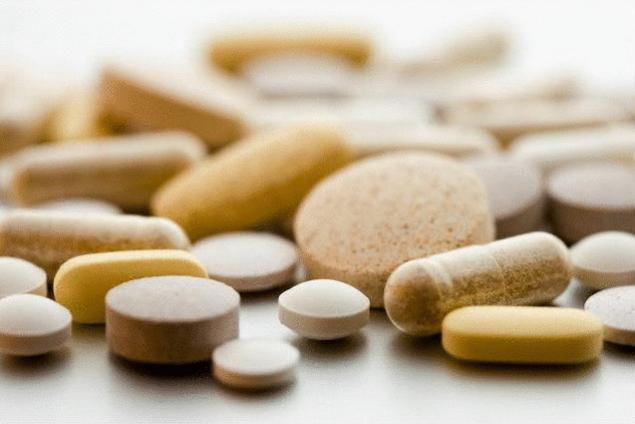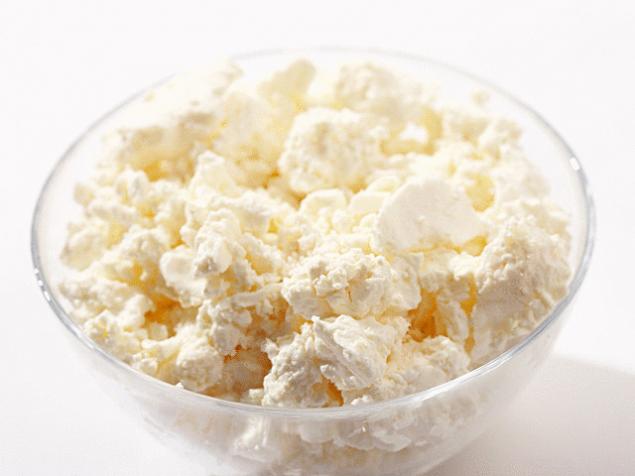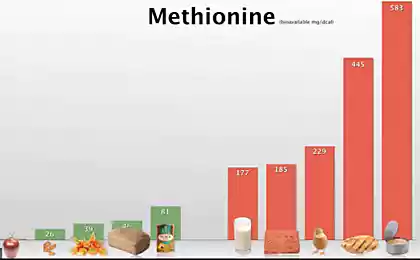682
What is L-carnitine
This dietary Supplement also made it popular fat-burning qualities has a number of beneficial properties.
What is L-carnitine?
L-carnitine (also known as levocarnitine, vitamin BT or vitamin B11) is an amino acid that is most similar in structure to b vitamins, due to a number of useful properties found wide application as a food additive. Having similar to vitamins by the force of impact effects on the body, carnitine is not one of them, as is synthesized in the body, but, nevertheless, it is often called vitamin-like substance.
Useful properties of L-carnitine

First L-carnitine is commonly known as fat-burning additive. L-carnitine transportorul fatty acids into the mitochondria, where they are splitting, releasing energy. In result excess fat is burnt and simultaneously generates additional energy required to maintain a high vitality. But in addition to the presence in the body of the necessary amount of carnitine, to launch this miraculous transformation must meet one important condition – proper diet and sufficient exercise. An important advantage for athletes is the fact that the use of l-carnitine as a Supplement gyrosigma does not lead to destruction of proteins and carbohydrates.
But in addition to weight loss l-carnitine is useful when:
fatigue and lack of energy
cardiovascular disease (lowers "bad" cholesterol, slows the development of atherosclerosis and moderately lowers blood pressure, reduces manifestations of the symptoms of heart failure)
the disease of AIDS (AZT (the main drug used in this disease) causes carnitine deficiency, which leads to fatigue, muscle weakness and immune system)
diseases of the liver and kidneys (since these organs synthesize carnitine in the body, when these diseases there is a sharp decline in its amounts and the required external compensation)
in various infectious diseases with increasing temperature (high temperature increases the heart rate, leading to increased energy costs, and carnitine allows you to free up that extra energy)
Note the use of l-carnitine in sports and other elevated physical activities:

increases energy production in the body, which reduces fatigue, improves health and increases physical endurance
reduces pain in muscles after training sessions, as it reduces the accumulation of lactic acid
speeds up body recovery after workouts, and overtraining
breaks down fatty tissue, helping in the fight against excess weight
increases protein metabolism, which accelerates the process of muscle growth
The lack of l-carnitine
In the body l-carnitine is synthesized with the participation of vitamins C and b (especially B3, B6, B9, B12), iron, and amino acids lysine and methionine and of some enzymes. The lack of even one of these substances can cause carnitine deficiency.
Most often the deficiency of this substance is found in vegetarians, athletes for increased physical activities and an unbalanced diet.
Deficiency symptoms of l-carnitine:
fatigue
reduced immunity
the excess weight
heart disease
Sources of l-carnitine
The main sources of l-carnitine include meat, fish and seafood, poultry, milk and dairy products ( especially cheese and cottage cheese).
Also l-carnitine is synthesized in the body (in the liver, kidney and brain).

Damage l-carnitine
Very often the question is not about the useful properties of carnitine and its harm to the body. But despite the rumors, repeatedly conducted studies have demonstrated safety and good tolerability by the body l-carnitine. So long-term use of carnitine in large quantities (up to 15 g per day) over a long period of time showed no negative effects.
Source: /users/104
What is L-carnitine?
L-carnitine (also known as levocarnitine, vitamin BT or vitamin B11) is an amino acid that is most similar in structure to b vitamins, due to a number of useful properties found wide application as a food additive. Having similar to vitamins by the force of impact effects on the body, carnitine is not one of them, as is synthesized in the body, but, nevertheless, it is often called vitamin-like substance.
Useful properties of L-carnitine

First L-carnitine is commonly known as fat-burning additive. L-carnitine transportorul fatty acids into the mitochondria, where they are splitting, releasing energy. In result excess fat is burnt and simultaneously generates additional energy required to maintain a high vitality. But in addition to the presence in the body of the necessary amount of carnitine, to launch this miraculous transformation must meet one important condition – proper diet and sufficient exercise. An important advantage for athletes is the fact that the use of l-carnitine as a Supplement gyrosigma does not lead to destruction of proteins and carbohydrates.
But in addition to weight loss l-carnitine is useful when:
fatigue and lack of energy
cardiovascular disease (lowers "bad" cholesterol, slows the development of atherosclerosis and moderately lowers blood pressure, reduces manifestations of the symptoms of heart failure)
the disease of AIDS (AZT (the main drug used in this disease) causes carnitine deficiency, which leads to fatigue, muscle weakness and immune system)
diseases of the liver and kidneys (since these organs synthesize carnitine in the body, when these diseases there is a sharp decline in its amounts and the required external compensation)
in various infectious diseases with increasing temperature (high temperature increases the heart rate, leading to increased energy costs, and carnitine allows you to free up that extra energy)
Note the use of l-carnitine in sports and other elevated physical activities:

increases energy production in the body, which reduces fatigue, improves health and increases physical endurance
reduces pain in muscles after training sessions, as it reduces the accumulation of lactic acid
speeds up body recovery after workouts, and overtraining
breaks down fatty tissue, helping in the fight against excess weight
increases protein metabolism, which accelerates the process of muscle growth
The lack of l-carnitine
In the body l-carnitine is synthesized with the participation of vitamins C and b (especially B3, B6, B9, B12), iron, and amino acids lysine and methionine and of some enzymes. The lack of even one of these substances can cause carnitine deficiency.
Most often the deficiency of this substance is found in vegetarians, athletes for increased physical activities and an unbalanced diet.
Deficiency symptoms of l-carnitine:
fatigue
reduced immunity
the excess weight
heart disease
Sources of l-carnitine
The main sources of l-carnitine include meat, fish and seafood, poultry, milk and dairy products ( especially cheese and cottage cheese).
Also l-carnitine is synthesized in the body (in the liver, kidney and brain).

Damage l-carnitine
Very often the question is not about the useful properties of carnitine and its harm to the body. But despite the rumors, repeatedly conducted studies have demonstrated safety and good tolerability by the body l-carnitine. So long-term use of carnitine in large quantities (up to 15 g per day) over a long period of time showed no negative effects.
Source: /users/104























